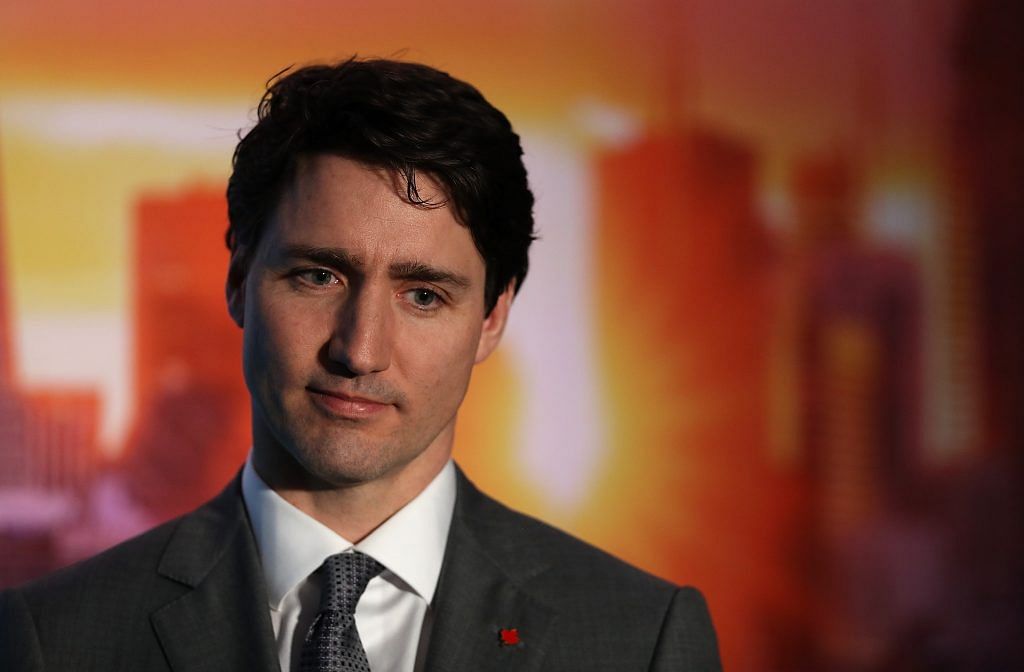The move is being seen as another snub to Canada after Justin Trudeau’s recent controversial visit to India.
New Delhi: India has raised the import duty on chickpeas to 60 per cent from 40 per cent in what is being seen as a fresh snub to Canada, one of its biggest exporters, amid Ottawa’s concerns over earlier increases.
India is the biggest importer of chickpeas or chana, a kitchen staple.
The move comes days after Canadian PM Justin Trudeau’s visit to India, which ran into controversy over his government’s perceived support to Khalistani secessionists. At the time, Canadian minister of infrastructure and communities, Amarjeet Sohi, a member of the PM’s delegation, had said talks were on to resolve the pulses import duty issue with India.
The Centre had imposed a 30 per cent import duty on chickpeas (chana) and masoor (lentils) in December and 50 per cent on yellow peas in November. The move was triggered by concerns that cheap imports would hit local farmers as the Rabi season was expected to yield a high production of chickpeas as well as lentils.
In February, the import duty on chickpeas was further raised to 40 per cent because of falling prices in the domestic market.
Moreover, to address the distress of farmers, the Cabinet on 28 February gave a go-ahead to double state purchase of oilseeds and pulses to increase local output and prevent distressed sales. The government will buy oilseeds and pulses at pre-set prices till 2021-22 with waiver of 1 per cent government guarantee fee.
Canadian Prime Minister’s controversial visit
During his eight-day trip to India, Trudeau was criticised for his stand on Khalistani sympathisers. It got worse when Sikh extremist Jaspal Atwal, convicted of trying to assassinate Punjab minister Malkiat Singh Sidhu in 1986, was invited to an event hosted by the Canadian high commissioner and was also seen photographed with Trudeau’s wife in Mumbai.
After returning to Canada, Trudeau backed claims that elements within the Indian government had tried to sabotage the visit by inviting Atwal, also a member of the International Sikh Youth Federation, an organisation now banned by Canada. India, however, trashed the theory as “baseless and unacceptable”.
Why the import duty was imposed
A bumper production of pulses in 2017 dragged down prices amid muted demand. Over the last two years combined, the consumption of pulses in India has been 45 million tonnes, against a supply of 58 million tonnes (23 million tonnes per annum production, six million tonnes per annum imports).
Consequently, the government imposed a 50 per cent import duty in November on yellow peas, which form the largest share in Canada’s export basket. This caused imports of pulses from Canada fall to $500 million in 2017-18 from $1.1 billion in 2016-17.
Canada is the world’s largest exporter of pulses and India one of its top importers. India’s imports of Canadian peas totalled $1.1 billion in 2016-17, about one-fourth of the total imports from Canada.
